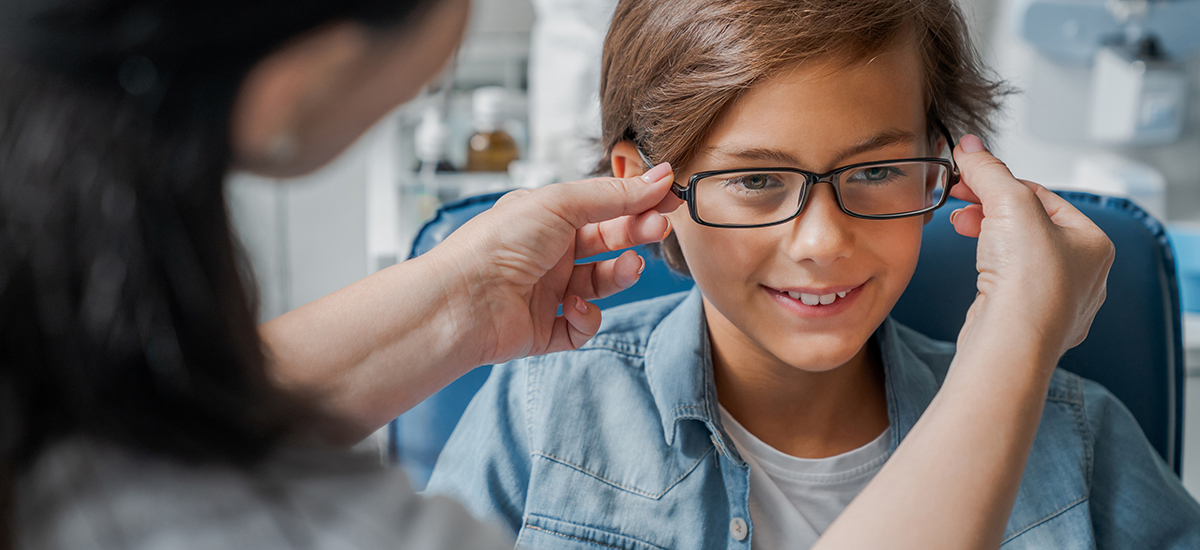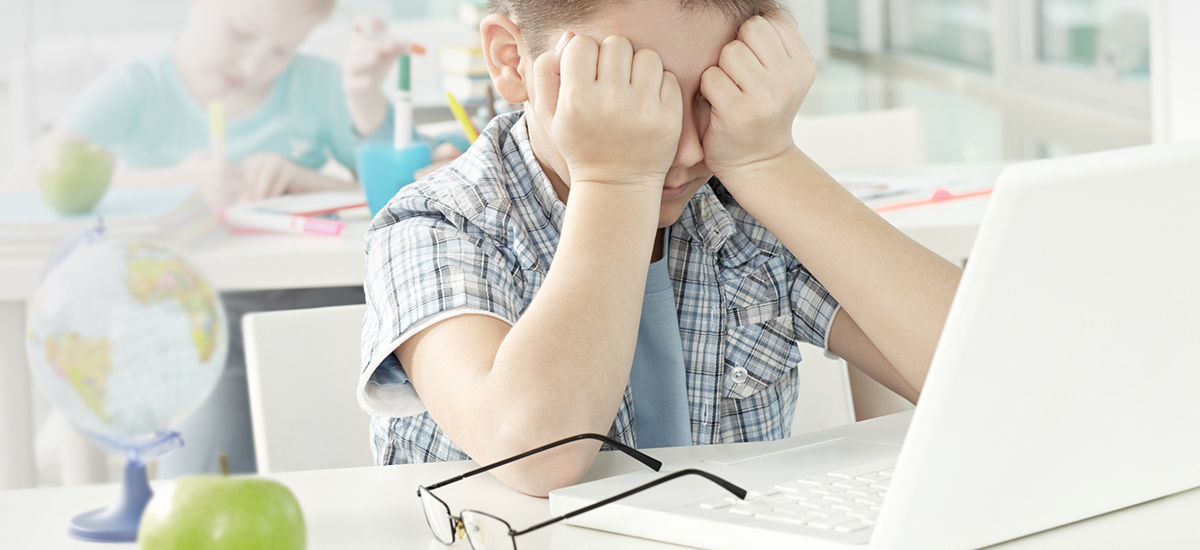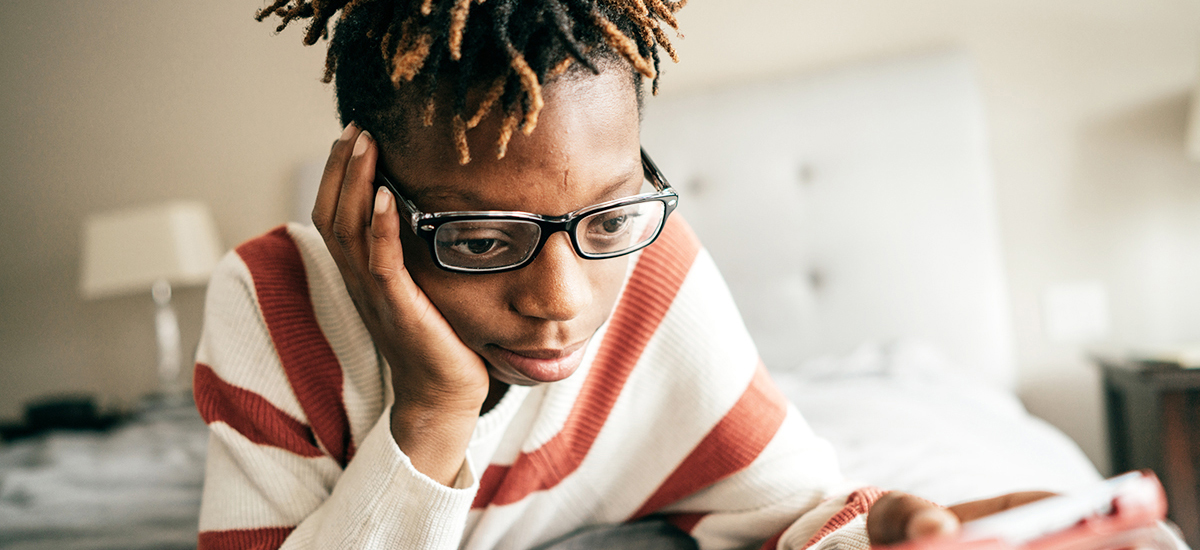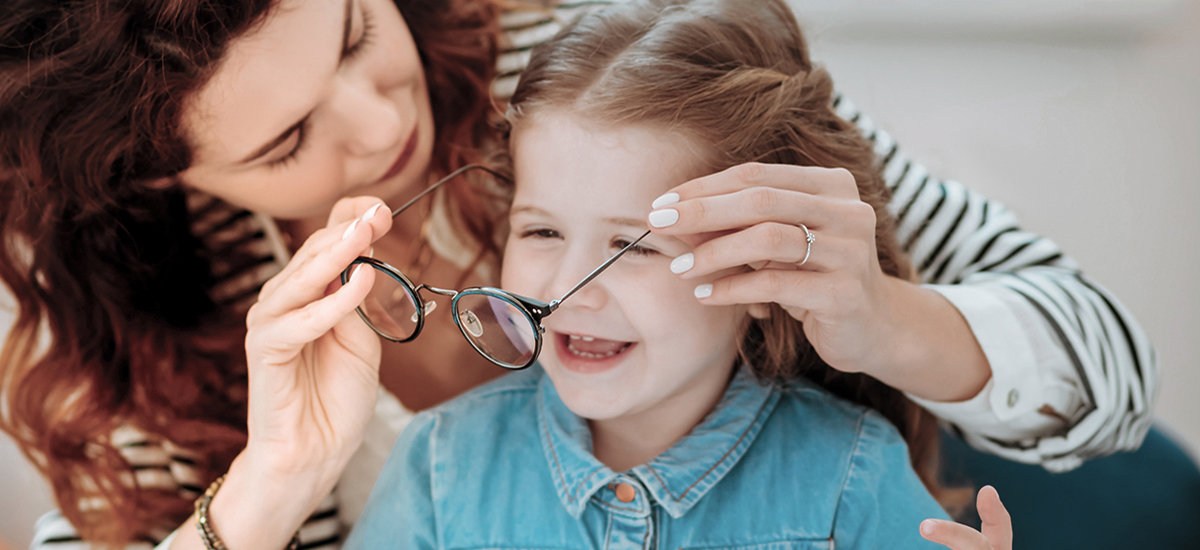Should You Rest Your Eyes Before an Eye Exam?
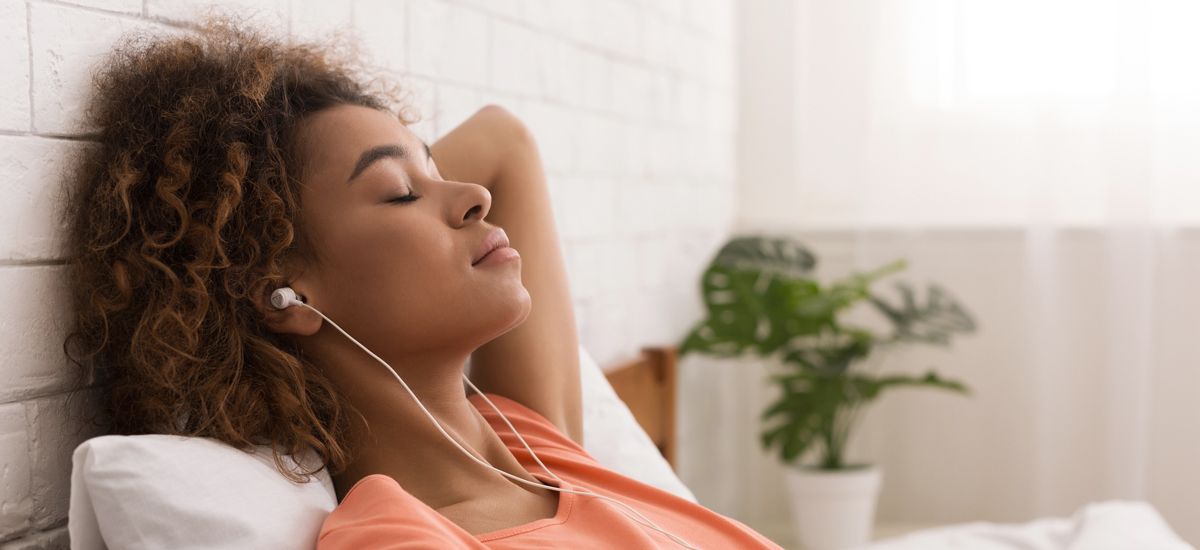
If your last eye exam was a while ago, you might be wondering what to expect. At For Eyes, we help our patients by performing a comprehensive evaluation of the eyes, starting with a quick discussion of your eye health concerns.
Once our eye doctors have a good grasp of your vision loss symptoms and review your family’s medical history, they’ll move into the eye examination tests. Refractive errors, including astigmatism, hyperopia, myopia, and presbyopia, are what they’ll look for first. They’ll also test for underlying medical issues, such as diabetes and high blood pressure.
Our eye tests are painless. However, they can be a lot for your eyes to take in, which is where the question, ‘Should you rest your eyes before an eye exam?’, comes into play. Here’s what our Independent Doctors of Optometry have to say on the subject.
Do you need to rest your eyes before an eye exam?
One of the first tests we do, the vision test, assesses your eyesight at a distance of 20 feet using an age-appropriate eye chart. That’s one of the best ways to identify refractive errors and see if corrective lenses are necessary.
Overexerting your eyes during the vision test can tire your eyes. So, it would be best if you rested your eyes before your eye exam to ensure the most accuracy during the test.
When going in for an eye appointment, it’s easy to feel overwhelmed since you’re unsure what the vision test or other examinations will reveal. Relax before you come in to meet with the eye doctor, and take the stress off your pupils by giving them a break, too. The test will go more smoothly, and you’ll likely feel more awake and alert to answer the optometrist’s questions.
Does lack of sleep affect eye exams?
If you have problems concentrating after a long night with little sleep, it can affect your answers to the eye tests. Optical evaluations require complete focus, and if you can’t see a letter due to your eyes being too tired (rather than because it’s too far away), the tests might be inaccurate.
So, rest up before your eye exam. In addition to having more definite results, your eyes will be less likely to get dark circles. (Find more tips for getting rid of dark circles here.)
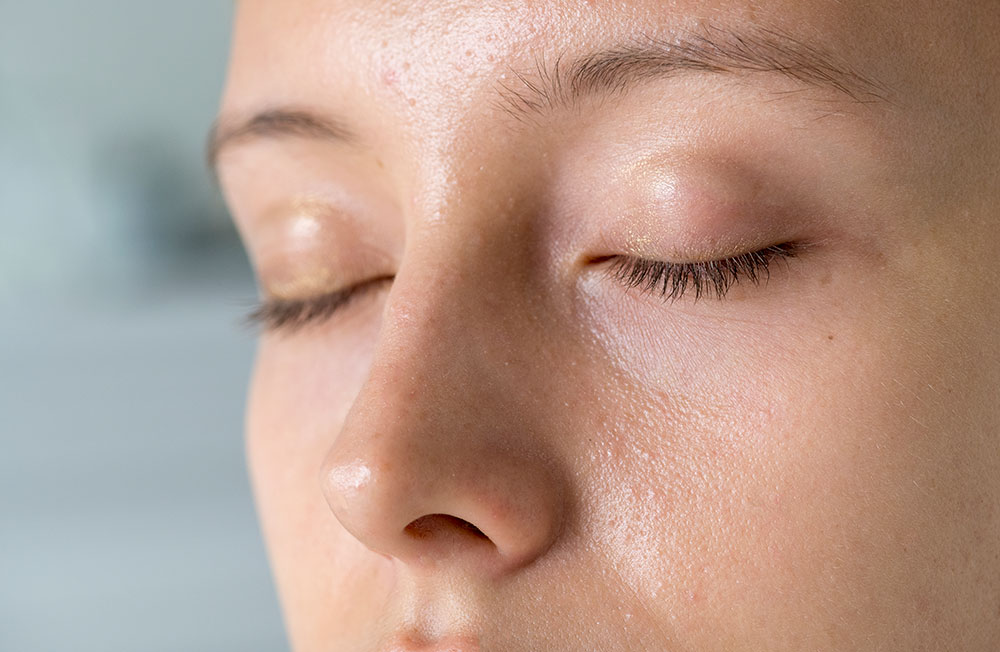
What is the best time of day for an eye exam?
During the day, you may be more exposed to digital technology, which can cause computer vision syndrome and tire your eyes. You’ll also use your eyes more than when you first wake up since you’ll be dealing with school, work, and everything in between.
For this reason, the ideal time of day for an eye exam is usually in the morning. However, this can change depending on your eyes and individual situation. Many people can’t make it into the eye doctor’s office first thing in the morning, and if this is you, don’t worry.
Afternoon and evening eye exams can yield the same results as earlier appointments. Just be sure to rest your eyes as much as you can before coming in. That is one of our best tips for an accurate eye exam.
Summary: Is it necessary to rest your eyes before an eye appointment?
While it’s not required to rest your eyes before an eye exam, it does help. Getting a good night’s sleep and giving your eyes a break from the screen before your eye examination test can make you more focused. You’ll also likely be more involved in the eye health conversation with your eye doctor.
Some optometrists suggest coming in for a morning appointment. However, as long as you rest your eyes beforehand, afternoon and evening appointments are great, too. We recommend worrying less about the best time to come in and more about how soon you can book an appointment.
Book your eye exam at For Eyes
Have you had your annual comprehensive eye exam? Schedule an appointment with an Independent Doctor of Optometry at your local For Eyes.

